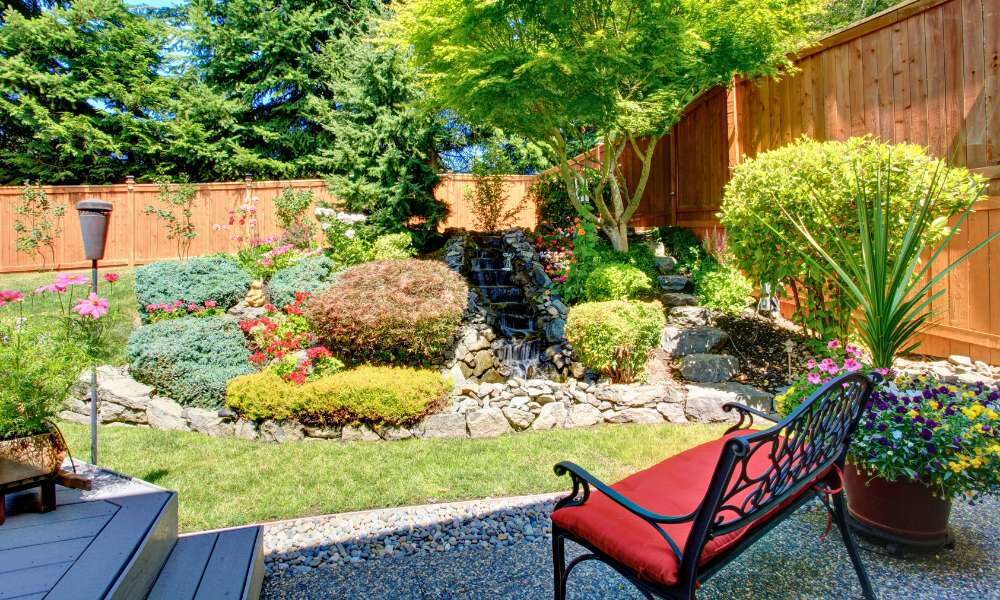Did you know that your garden can have a big impact on the environment? The way you landscape your garden can help conserve water, reduce pollution, and attract wildlife. Let’s discuss six of the best eco-friendly practices for landscape gardeners in Colchester. These practices are easy to implement and can make a big difference in the environment. Adopt eco-friendly practices landscape From composting to water conservation, learn 6 top practices for green gardening.
1. Use Native Plants
Using native plants is an excellent approach to developing an eco-friendly garden. These plants have adapted to the local climate and conditions, making them resilient and low-maintenance. By choosing native plants, landscape gardeners in Colchester can reduce the need for excessive watering and fertilizers, conserving valuable resources.
Furthermore, native plants attract local wildlife, promoting biodiversity and creating a harmonious ecosystem within your garden. Embracing native plants not only benefits the environment but also adds beauty and a sense of natural authenticity to your landscape.
2. Mulch with Organic Materials
Mulching is an excellent method to conserve water, suppress weeds, and improve soil quality. By adding a layer of organic material, such as bark chips, wood chips, or compost, to the soil surface, you can retain soil moisture, reducing the need for watering.
Organic mulch also acts as a weed barrier, blocking sunlight and inhibiting weed growth. Moreover, as the organic material decomposes, it enriches the soil with nutrients, enhancing its quality.
3. Install Rain Barrels
Rain barrels provide an efficient way to collect rainwater for irrigation. Rainwater is free and relatively clean, making it an ideal option for watering your plants without relying on treated water. By installing rain barrels when garden landscaping, you can also help reduce stormwater runoff, minimizing the risk of flooding.
4. Use Drip Irrigation
Drip irrigation is a more efficient watering method compared to traditional sprinklers. It delivers water directly to the plant roots, minimizing water waste. This technique is particularly useful for plants sensitive to overhead watering, such as roses. By using drip irrigation, you can ensure that water goes exactly where it’s needed, promoting healthier plants and conserving water.
5. Compost
Composting is a fantastic way to reduce waste and enhance your garden’s health. By decomposing organic materials like food scraps, yard waste, and paper, you can create nutrient-rich fertilizer. This homemade compost can be used to nourish your plants, reducing the need for synthetic fertilizers. It’s an eco-friendly and cost-effective way to improve soil fertility while minimizing waste.
6. Attract Pollinators
Pollinators play a crucial role in our ecosystem, aiding in plant pollination and food production. You can create a pollinator-friendly garden by planting flowers that attract bees, butterflies, and hummingbirds. Providing a water source such as a birdbath or a shallow dish of water also helps attract these beneficial insects and birds. By welcoming pollinators, you contribute to a healthier ecosystem and ensure the success of your string outdoor lights in your garden.
Key Takeaways
These are just 6 of the many eco-friendly practices you can implement for landscape gardening. By incorporating native plants, mulching with organic materials, using rain barrels, adopting drip irrigation, composting, and attracting pollinators, you contribute to water conservation, pollution reduction, and wildlife preservation. Not only are you making a positive impact on the environment, but you’re also creating a beautiful and sustainable garden that you can enjoy for years to come.




